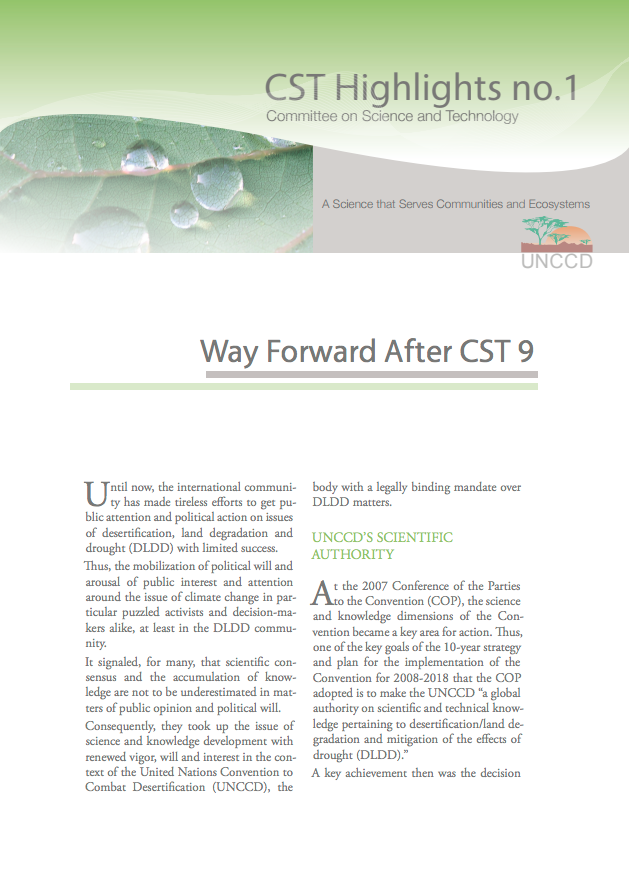Forestry assistance and tropical deforestation: why the public doesn't get what it pays for
Popular concern about tropical deforestation largely drove the rapid growth in forestry assistance in recent years. Nevertheless, forestry assistance has had limited impact on forest clearing and much of it has gone to address other problems. To reduce inappropriate deforestation requires a combination of a multi-sectoral approach, greater regulation, and payment for environmental services. Aid officials have been partially unwilling and partially unable to adopt these approaches.







